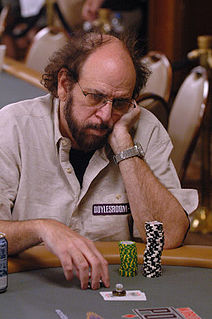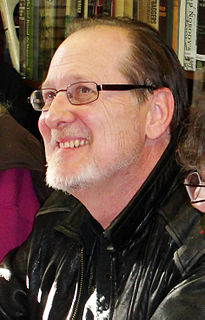A Quote by Edmund Phelps
Unemployment rates tend to rise and fall in roughly equal proportion at all rungs of the ladder, and that happened between 1973 and 1985.
Related Quotes
The world has witnessed the rise and fall of monarchy, the rise and fall of dictatorship, the rise and fall of feudalism, the rise and fall of communism, and the rise of democracy; and now we are witnessing the fall of democracy... the theme of the evolution of life continues, sweeping away with it all that does not blossom into perfection.
However, for the man who studies to gain insight, books and studies are merely rungs of the ladder on which he climbs to the summit of knowledge. As soon as a rung has raised him up one step, he leaves it behind. On the other hand, the many who study in order to fill their memory do not use the rungs of the ladder for climbing, but take them off and load themselves with them to take away, rejoicing at the increasing weight of the burden. They remain below forever, because they bear what should have bourne them.
We need a candidate who's going to be a fighter for freedom. Who is going to get up and make that the central theme in this race because it is the central theme in this race. I don't care what the unemployment rate's going to be. Doesn't matter to me. My campaign doesn't hinge on unemployment rates and growth rates.
Standing athwart ineffective, feel-good legislation shouting, 'Stop!' is seen as a betrayal of those struggling to get their footing on the lowest rung of the economic ladder. Yet raising the minimum wage hacks the lowest rungs off the ladder altogether. But economic logic doesn't wash with liberals who are intent on inflaming class warfare.




































